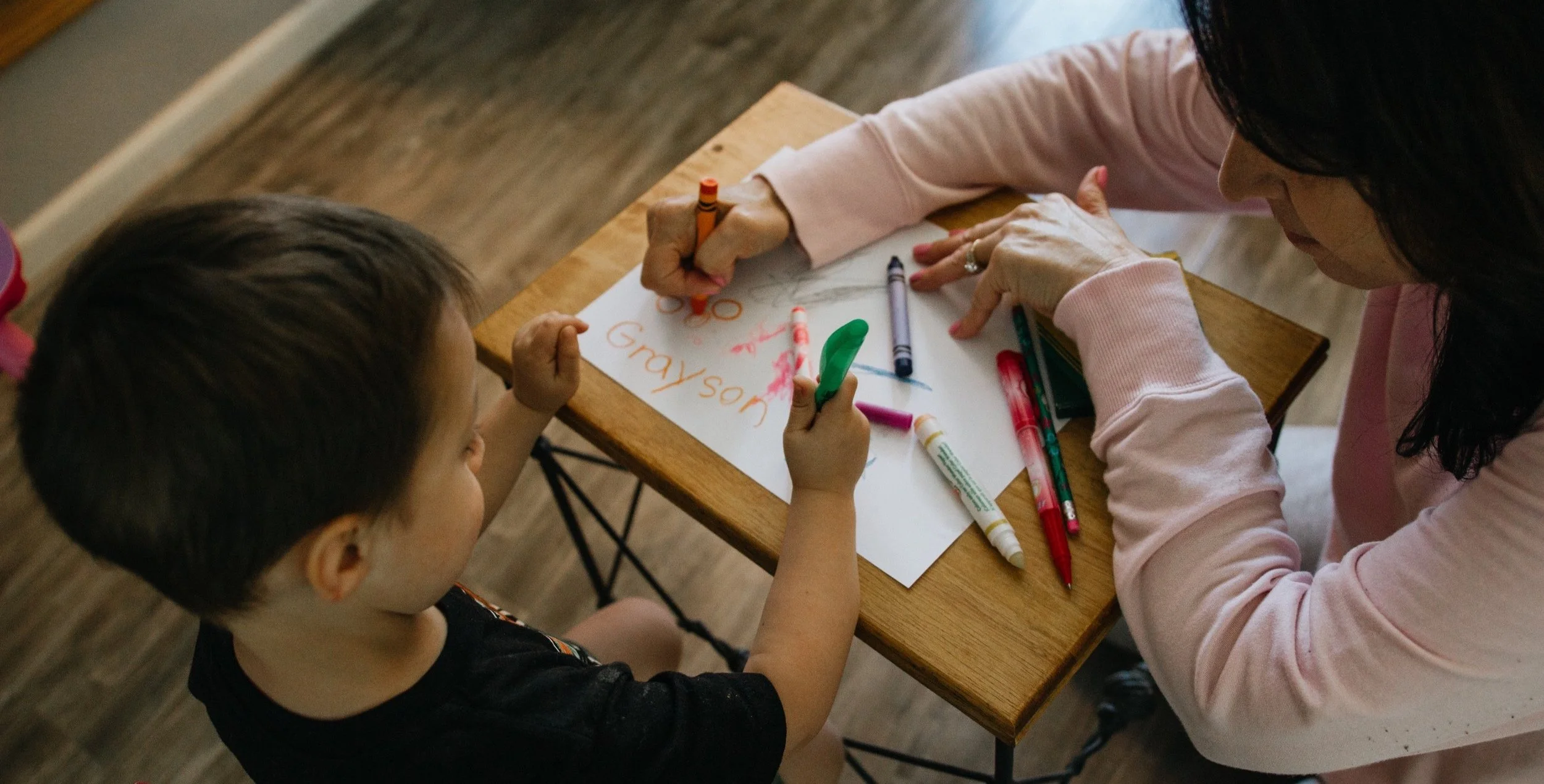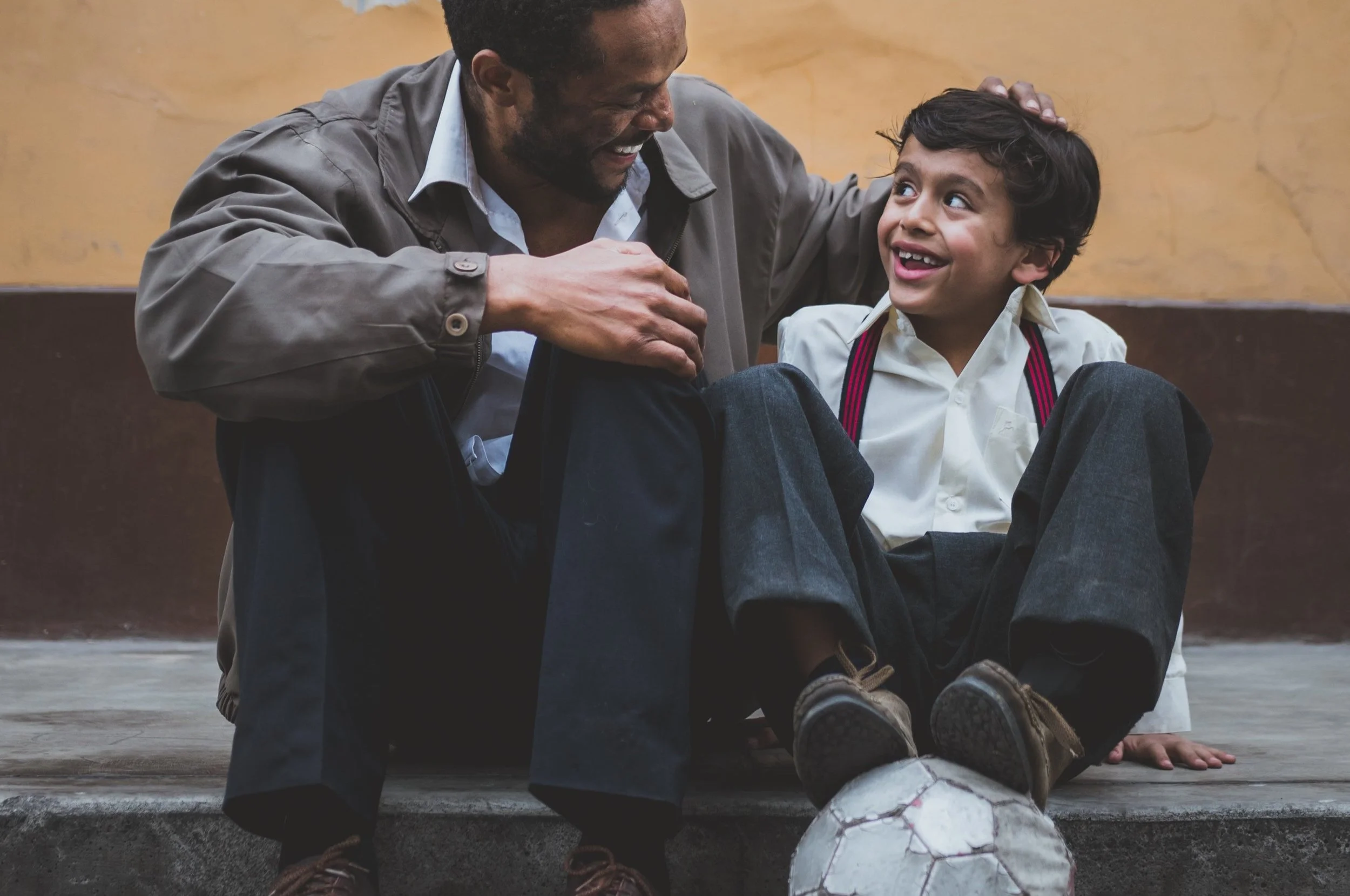How to Promote Critical Thinking in Education
By: Isabella Tarré
Encouraging critical thinking in children is a, not so new, practice that is slowly gaining popularity in the world of parenting and education. Many of you have probably been doing it for years, purposely or not, and there’s a reason why, which I’ll mention later in this blog.
Before venturing into the “critical thinking world”, like everything else in life, it’s important to understand where it comes from and why you want to do it, in order to know how you can implement it in your classroom or at home.
First, we need to be clear on what’s NOT education.
Education is not:
- Saturating kids with information
- Programming machines
- Training and conditioning subjects
- Imposing a specific point of view
- Repressing or ignoring “inconvenient” talents
The list can go on and on. But for now, we’ll focus on explaining how critical thinking can help teachers and parents avoid these 5 destructive patterns, turning them into positive actions.
“Saturating kids with information” turns into “Creating a positive learning environment”
Instead of being in the race of sharing as much information as possible in the shortest amount of time, be a guide. Provide kids with the right tools, resources, and an inviting environment so they can be curious, have questions, explore, and discover the world around them with excitement.
“Programming machines” turns into “Cultivating analytic skills”
Instead of teaching the kids to be memorizing experts so they can have perfect test scores, be a facilitator. Once you have provided a fertile learning environment, ask questions, generate peer conversations, and make them experiment! If you help them cultivate their ability to analyze, you’re allowing them to have a significant learning experience, in which they will actually acquire new knowledge and skills.
“Training and conditioning subjects” turns into “Encouraging self-awareness”
Instead of expecting children to react in a certain way to different situations, be a safe haven. In the process of learning, they are also discovering who they are. Take the time to see them, get to know them, and respect them as individuals. Help them become self-aware. Invite them to analyze why they act in a certain way and model how one can identify, validate, and regulate emotions to be able to have healthy relationships with other people.
“Imposing a specific point of view” turns into “Asking questions and listening”
Instead of trying to make all kids fit in the same mold or think in the same way, be a witness. Take some time to learn more about critical thinking. Chances are, your teachers and parents weren’t familiar with it, so you weren’t able to develop that skill. Practice reading, listening to podcasts, and having conversations with people who don’t share your opinions or beliefs. Ask yourself questions you normally don’t, be brave, and always be open to learning new things. If you do this for yourself, you’ll have more empathy and respect for the children, and you can witness the wonderful development of their personalities.
“Repressing ‘inconvenient’ talents” turns into “Personalizing the learning experience”
Instead of ignoring or pushing down kids’ interests or abilities, just because they are not what others would want of them, be a mentor. If you have already paid attention to them, you must have realized what some of their strengths and weaknesses are. Even if children are self-aware, they may not realize they have a talent if someone doesn’t help them experience it. Let them discover and question everything around it, so they can decide if it’s something they would like to develop. Personalized education is not just a fancy term, it’s what can make an immeasurable difference in a child’s life.
Education is changing. There are many professionals out there shining a light on methodologies and strategies that can lead to a successful classroom and a stronger family relationship. If you hadn't heard of “promoting critical thinking” before and you’ve been doing the exact opposite, DON’T WORRY. Education is changing but there still are habits, older than 100 years-old, that we need to turn around. It’s not too late.
Critical thinking, and the respect and empathy that come with it, is common sense - that’s why we use it sometimes without noticing - and you can start developing it right now! After that, implementing it as a tool for teaching and parenting will come naturally.
If you want to learn more about how you can provide a personalized education for all your students, contact us to get a free consultation.




